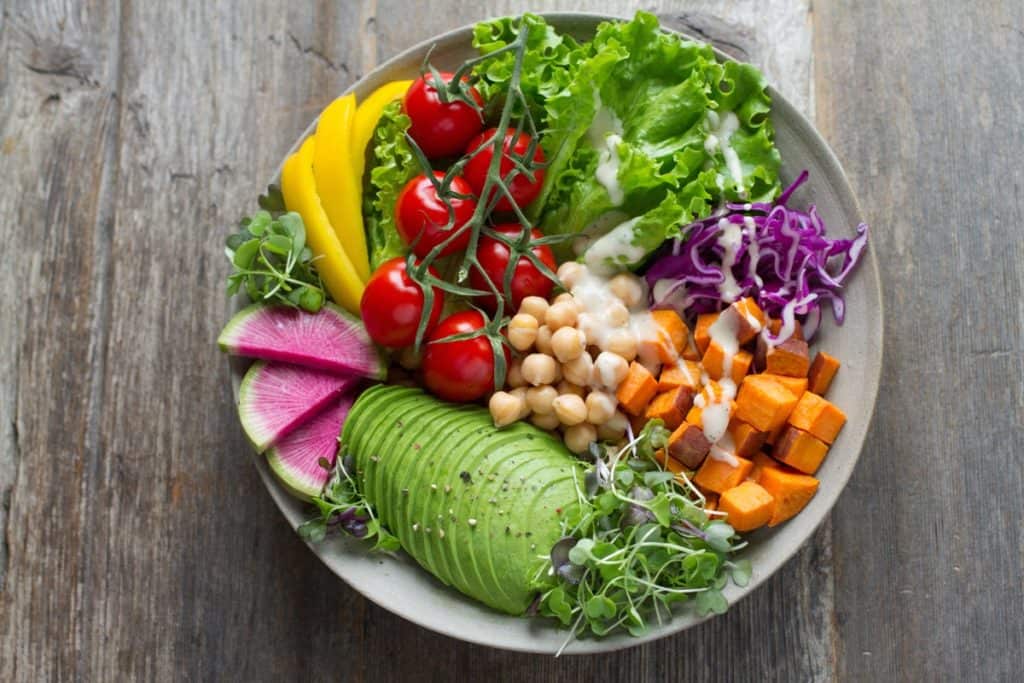
The popularity of the plant-based diet means that products are appearing on supermarket shelves in increasing numbers. This is great news for consumers seeking to embrace this beneficial and sustainable way of eating. We know that a plant-based approach to eating has many health benefits, but what about those individuals with sensitive nutrition needs? Does this way of eating make it easier or harder to follow a safe, healthy diet when you have unique dietary concerns?
Food sensitivities
If you live with food sensitivities, you’re aware that knowing exactly what ingredients are in your foods is a top concern. If your allergy or sensitivity is to nuts, soy, certain seeds or legumes that may be present in plant-based options, then it’s essential to take extra precautions when choosing your items. Read ingredient labels carefully for foods rich in protein or heart-healthy fat to be sure they are also safe for you.
Diabetes
When a diabetic is trying to control their blood sugar and reduce the potential for side effects or long-term impacts of their disease, then the diabetic diet is the number one diet they should be following, along with heart-healthy fat, lean proteins and a diet that’s rich in fiber from vegetables and whole grains. That said, it’s important to remember that nutritious, whole grains are still high in carbohydrate and should be enjoyed in controlled portions by diabetics. Rather, these individuals should lean on nuts and seeds to provide some heart-healthy fat, which can assist in controlling blood sugar.
DASH Diet
The DASH diet emphasizes whole grains, fruits, vegetables, low-fat dairy products, limited red meat and a small amount of nuts and seeds. This approach to eating is a modified version of plant-based diet, which makes it easy for someone to embrace both diets at once to create the eating plan that works best for them. It’s important to keep in mind that packaged or processed plant-based foods can still be high in sodium and should, therefore, be consumed in limited portions when following the DASH diet.
FODMAP
FODMAPS are types of carbs that can induce digestive issues in some individuals. They are found in a wide variety of foods including wheat, rye, legumes and various fruits and vegetables, such as garlic, onions, figs, mangoes, and blackberries among others. Following a FODMAP friendly, plant-based diet may require individuals to avoid fruits and vegetables that can trigger their symptoms. They may also need to choose FODMAP friendly seeds and nuts including pumpkin, sesame, and sunflower, along with macadamia nuts, peanuts, pecans, pine nuts, walnuts and limited amounts of almonds.